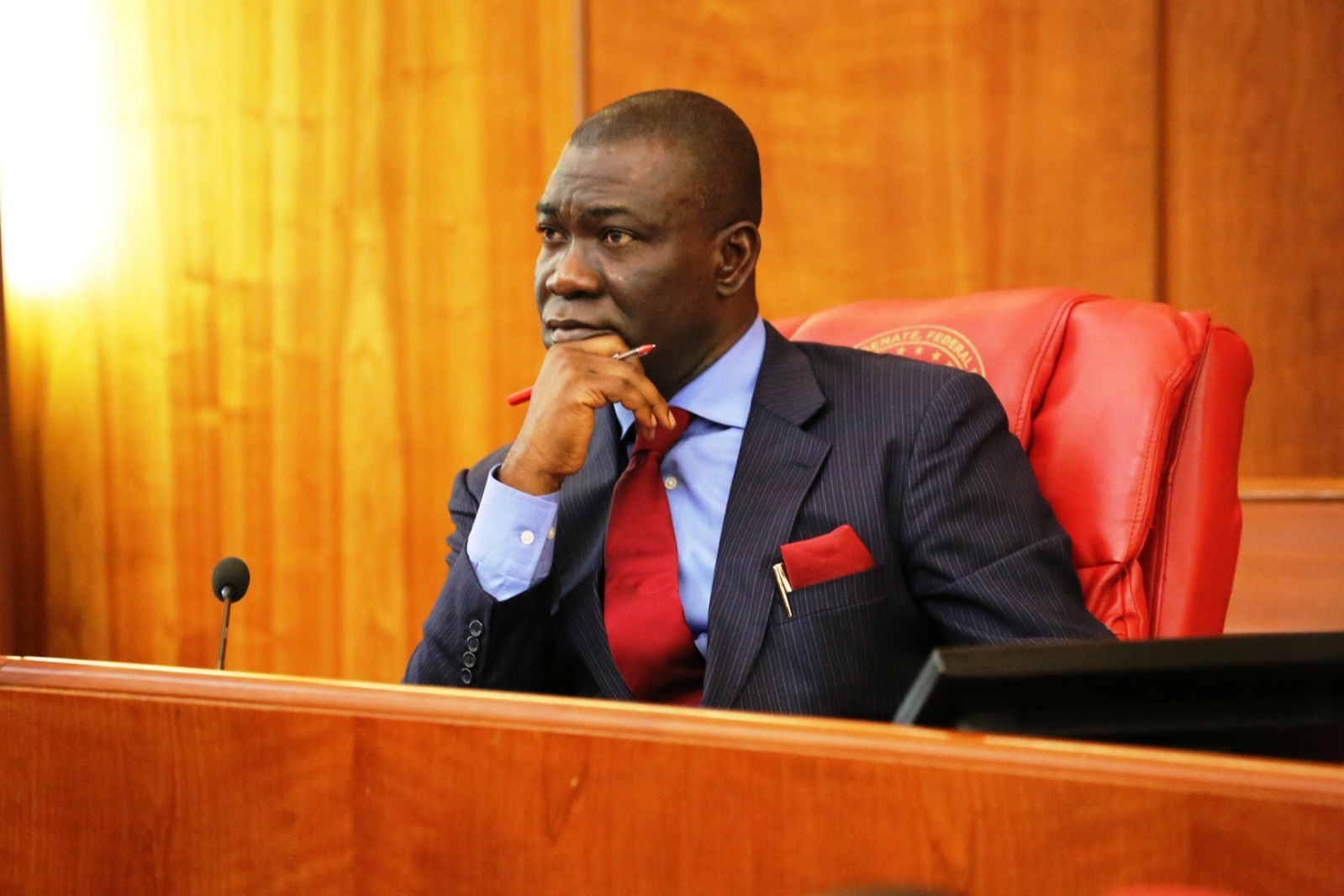The case of David Okemini Ugbo’s organ trafficking plot, which involved Senator Ike Ekweremadu, a prominent Nigerian politician and former deputy president of the Senate, his wife Beatrice, and Obinna Obeta, a UK-based medical doctor, reached a tragic conclusion on May 5th. A judge at the Central Criminal Court, also known as Old Bailey, convicted all three.
Ekweremadu, 60, was sentenced to nine years and eight months in prison, while his wife will serve a four-year term. Obeta, the doctor, received a ten-year sentence. The jail terms for both Ike and his wife will run concurrently. The trio was convicted for arranging the travel of a young Nigerian man with the intention of exploiting him for organ harvesting.
The Ekweremadus are undoubtedly experiencing a challenging time, as are their friends, family, and well-wishers. It is understandable that parents would go to great lengths to help and save their children, particularly when their health is at risk. The Ekweremadus are no exception, which makes them responsible parents.
Unfortunately, the case began with optimism but ended in a sad and disgraceful outcome. Their daughter Sonia, who urgently needed a kidney transplant, is now in an even more dire situation. With her parents in jail for attempting to save her life, her chances for a quick treatment and recovery are now uncertain or even dashed.
Sonia has expressed her disagreement with the conviction, though she understands it. She feels guilty, as everything happened because of her.
Numerous views and opinions have been shared on this matter, but one stands out. Emeka Ugwuonye, a human rights lawyer, shared a legal perspective on his Facebook page titled “The Missing Facts About Ike Ekweremadu’s Case.” According to Ugwuonye, the problem began when Ekweremadu and Dr. Obinna tried to return David to Nigeria. David expected to be given a job in London as promised before leaving Nigeria, but instead, he was asked to prepare for his return. Fearing for his future, David ran away and lied about his age to the police, claiming to be 15.
One of the factors that worked against Ike Ekweremadu was dishonesty. He claimed in official documents that David was Sonia’s cousin, but in WhatsApp conversations, he referred to David as “that guy.” At the police station, David admitted to receiving N270,000. However, the police discovered that Ekweremadu actually paid 4.5 million to Dr. Obeta, who pocketed the rest.
The Ekweremadus appear to have deceived David, taking advantage of his vulnerability and the precarious situation in Nigeria. David, on the other hand, exploited the opportunities he found in the UK, where the law is impartial. In Nigeria, many believe that individuals like Ike are untouchable, making it nearly impossible to arrest, let alone convict or imprison them. If faced with legal issues in Nigeria, Ike could have used his connections and resources to avoid consequences.
David has expressed concerns about his safety if returned to Nigeria, saying, “I worry for myself in Nigeria. Those people can do anything. I think they could arrest me or kill me in Nigeria.” It is recommended that the UK government address these safety concerns and take necessary measures to protect him. David’s life matters, as he is the exploited and underdog in this situation.
The Ekweremadus may have deceived David, taking advantage of his vulnerability and the unstable situation in Nigeria. However, David also exploited the situation to his advantage in the UK, where the law is impartial. He has expressed concerns for his safety if returned to Nigeria, urging the UK government to take necessary measures to ensure his protection.
This case highlights the struggling state of Nigeria’s healthcare system, which is in a deplorable state. Nigerian citizens have long endured poor healthcare, and the end is not in sight. Government officials and affluent Nigerians often seek medical treatment abroad, leaving the majority to suffer in the inadequately equipped healthcare system at home.
Many, like Ike Ekweremadu, who have spent over two decades in government, still do not prioritize healthcare and infrastructure. Some argue that this conviction is a lesson in integrity and engagement in lawful and transparent business. For the Ekweremadus and others in similar positions, this case serves as a reminder of the consequences of neglecting their responsibilities and the basic needs of humanity.
Sunday Onyemaechi Eze is a Media and Development Communication Specialist. He can be reached by email HERE.
The opinions expressed in this article are solely those of the author.







